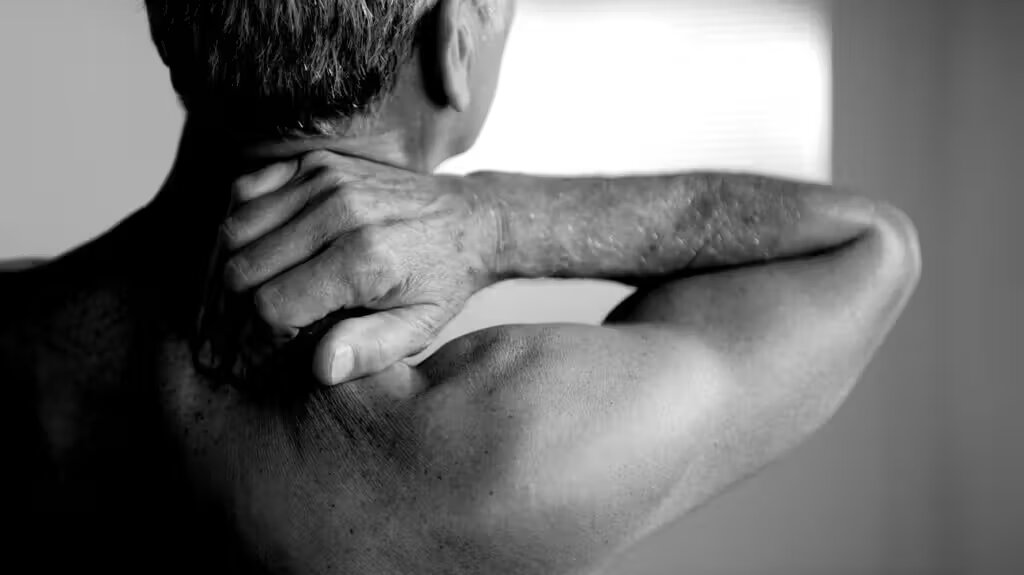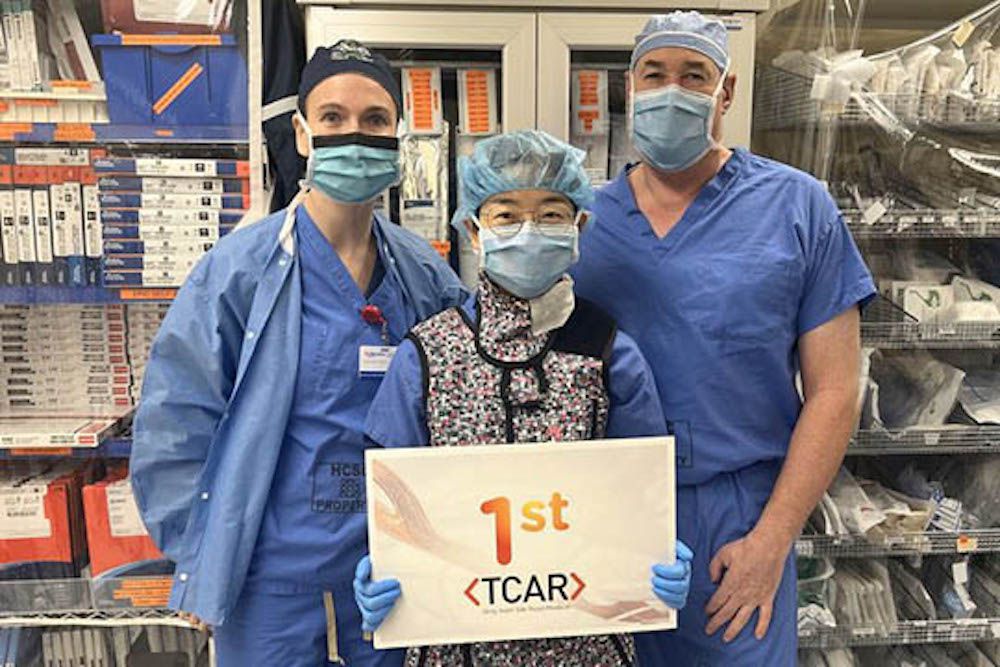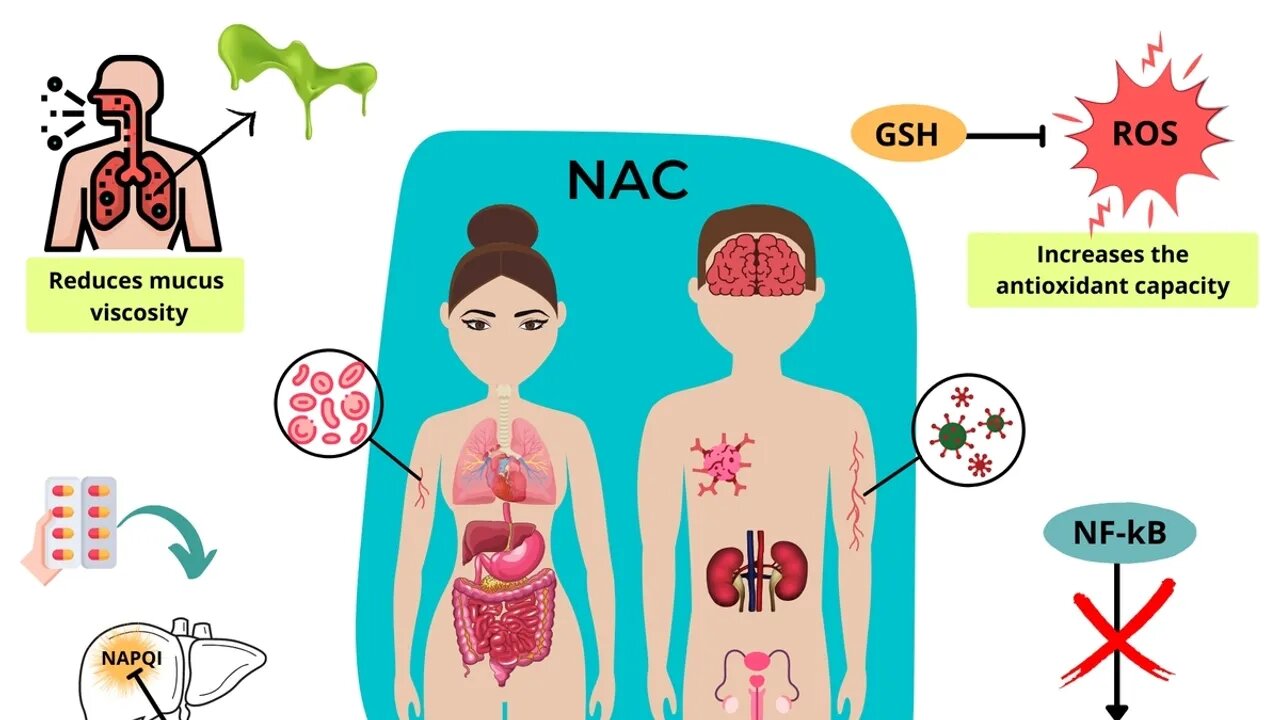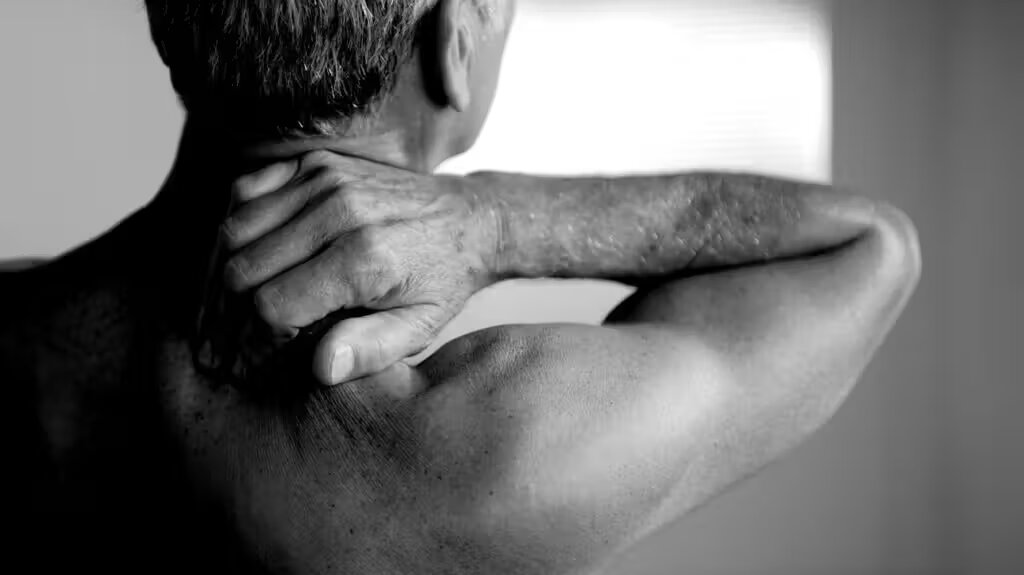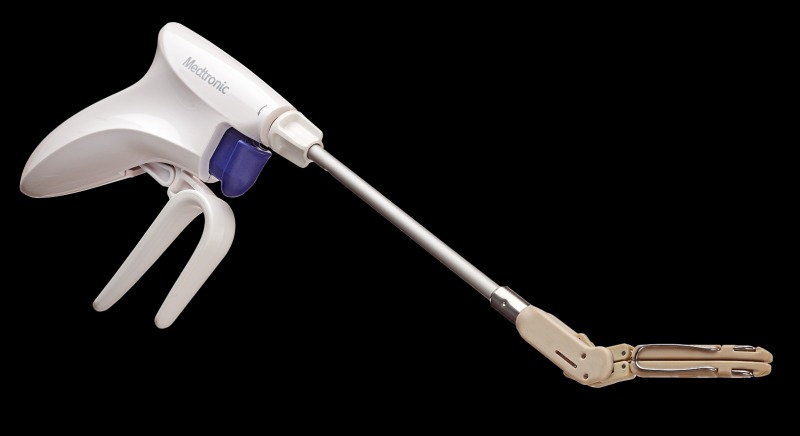Dr. Jane Ballantyne wants to clarify a point about cancer-related pain: Opioids, especially morphine, usually are quite effective at reducing it — for a while. As with any condition treated with a long-term opioid prescription, pain relief can ebb over time as the patient builds up a tolerance to the drug.
Ballantyne, a pain-medicine expert at UW Medicine in Seattle, was an advisor to a paper whose publication in December generated some media coverage that misinterpreted the researchers’ findings.
The lead authors at the University of Sydney in Australia had reviewed existing literature about the effectiveness of opioids and nonopioid pain medications with cancer patients. They reported finding evidence that nonsteroidal anti-inflammatory drugs (NSAIDs) including aspirin appear as effective as some opioids for background cancer pain. They also reported not finding convincing evidence that morphine was better or safer than other opioids for chronic cancer pain.
This led some writers to surmise that opioids are ineffective at relieving cancer pain.
“Readers shouldn’t overinterpret this meta-analysis because it only reflects what's in the literature.” Ballantyne said. “Since morphine is an old and established standard opioid, its inclusion in clinical trials tends to be in comparison with new formulations, new opioids or nonopioids. The effectiveness of morphine, if started at the end of life, is well established and there is danger in suggesting it is not.”
Important context to the treatment of cancer pain, she said, is the World Health Organization’s 1986 guideline (described in this paper.)
“It promoted a stepladder approach where you start with mild analgesics like nonsteroidals and build up to strong analgesics. But it also was very effective in making doctors comfortable with using opiates. Part of what the WHO tried to do was to persuade governments to relax their opiate regulations so that people didn't die in agony. And morphine was very familiar because it’s been used for thousands of years, and it’s cheap.
“Remember that in the 1980s, cancer was usually a rapidly fatal disease," Ballantyne continued. "They were talking about how you treat pain at the end of life, and that is very different from how you treat chronic pain."
That distinction is crucial, because many cancer patients today have access to care that lengthens their lives significantly. Especially in the developed world, chemotherapy, immunotherapy and radiotherapy have made cancer a longer-term disease for many patients.
“We treat it more effectively, so the accompanying pain from the disease or from a drug or radiation has become much more akin to chronic pain than end-of-life pain,” Ballantyne said. “This study’s main value, as far as I'm concerned, is that it showed that a lot of chronic cancer pain does just as well with medications that are not opiates as it does with opiates.”
For people who deal with chronic cancer pain, there are other formidable reasons to delay opioids. Taking an opioid for too long can result in it becoming less effective. There is also the risk of creating physiological drug dependence.
“You can become stuck on an opiate that is not giving very good pain relief,” Ballantyne said. “And if a cancer patient has been on opiates for years, when it comes to end-of-life, it's very hard to get any bang for your buck. I have seen great suffering from cancer pain at the end of life because opiates were used for long-term management.
“But nobody would suggest that you shouldn't use opiates at the end of life, because opiates are the most helpful thing at that point.”
For details about UW Medicine, please visit http://uwmedicine.org/about.

